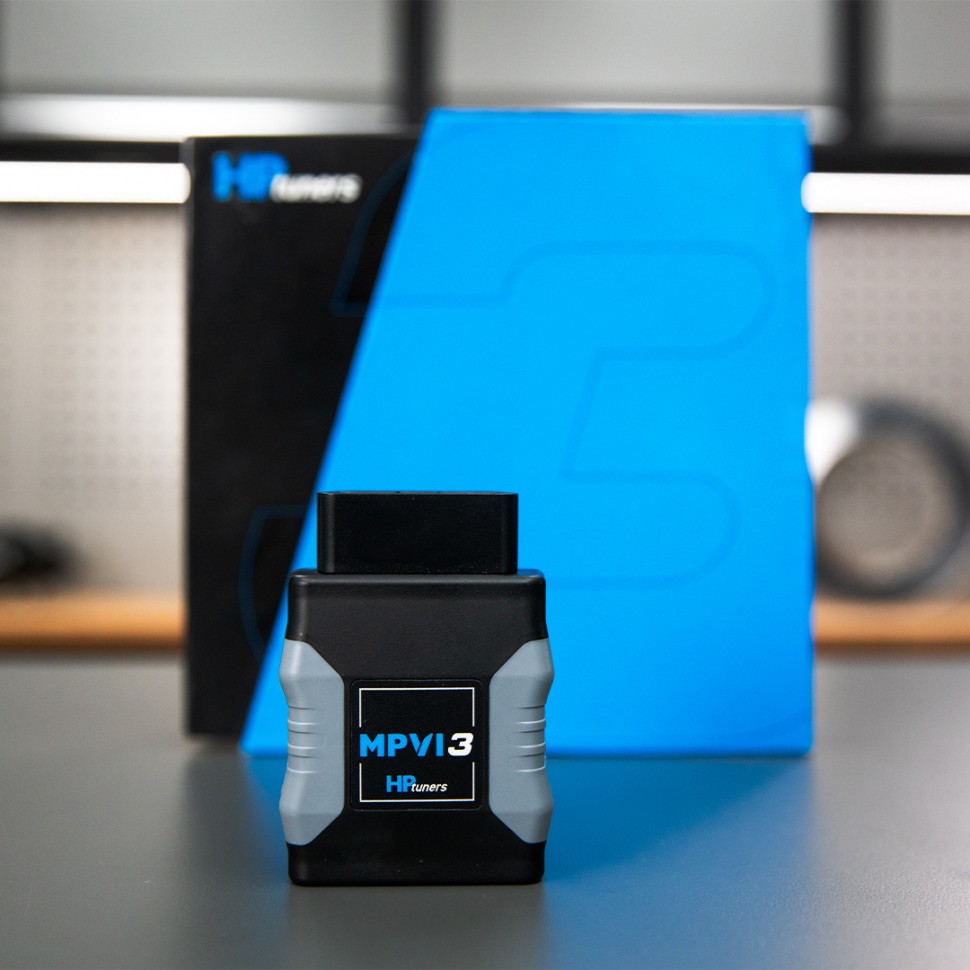Practical Reflash Tuning: Diagnostic Trouble Codes
Diagnostic Trouble Codes
02.55
| 00:00 | - When we start modifying an engine there's a good chance that in some instances we're going to make changes that put certain parameters outside what the factory ECU was expecting to see. |
| 00:12 | And this can trigger a check engine light. |
| 00:16 | A common example of this would be removing the catalytic converters from the exhaust on an engine that no longer needs to meet emissions compliance. |
| 00:25 | This, over time, is likely to result in a catalytic converter efficiency fault being registered. |
| 00:32 | Nobody likes driving around with fault codes being needlessly displayed on the dash. |
| 00:38 | And the other problem is that these sort of fault codes can mask more serious fault codes from being noticed if something more serious was to go wrong. |
| 00:48 | Fortunately, most refreshing software will provide the ability to access and disable fault codes as required. |
| 00:57 | This is a very powerful tool and it needs to be used wisely as these diagnostic trouble codes are there for a reason. |
| 01:06 | Too often, it can be tempting to simply disable a pesky trouble code that intermittently becomes active without really analysing why that fault code is present and attempting to get to the source of the real problem. |
| 01:21 | Particularly if you disable a trouble code for something relating to electronic throttle control, for example, this can result in a dangerous situation if there is actually a fault with that sub system. |
| 01:35 | On the other hand, we also want to spend the time to go through and disable the fault codes that need to be taken care of to suit the upgrades being performed. |
| 01:46 | The catalytic converter efficiency code is a good example, as this may not immediately trigger as soon as the engine is run with the ‘cat removed. |
| 01:54 | Often it takes some amount of driving to trigger this code and there's nothing worse than forgetting to disable the fault code and sending a car back to a customer only to be rung the next day because of a check engine light. |
| 02:08 | For this reason, I always deal with the diagnostic trouble codes as part of my refreshing procedure to ensure this isn't overlooked and the relevant codes are disabled when necessary. |
| 02:21 | In some instances, we might also need to prevent the ECU from illuminating the check engine light but still allow it to report a fault internally. |
| 02:32 | This situation occurs, for example, in a GM ECU where we have performed a speed density operating system upgrade and we've disabled the MAF. |
| 02:43 | In this situation, it's essential for the ECU to report the MAF is in fault in order for it to use the speed density MAPs instead. |





